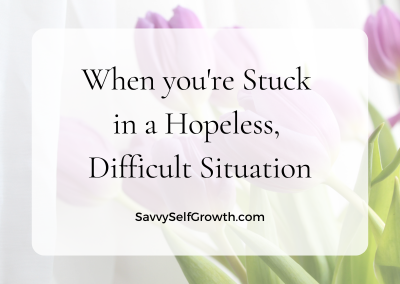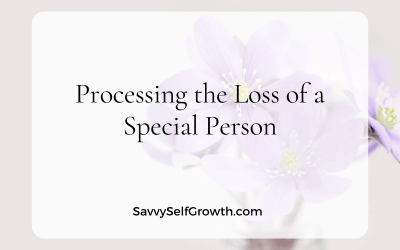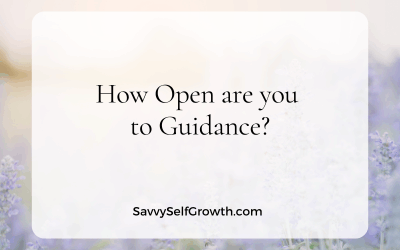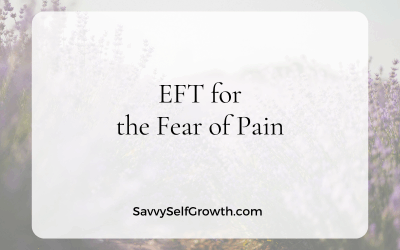impaI recently had a conversation with a beautiful subscriber who shared her story with me. She talked about how she’s been stuck in a horrible job for so long, that she has lost all hope that things can ever change. I could deeply empathize with her because I’ve been through my own struggles with feeling trapped and hopeless.
In this video, I share some of my own struggles when I felt stuck with no hope for positive change. Tap along with me for your own — even if yours is not as dire.
If you prefer to read, the main points are below. Tapping starts from around 04:28.
My Personal Examples:
In the early 90’s, I was trapped in a dead-end career in music. I spent over a year scouring job listings and searching for a way out, and I felt completely hopeless. It was as if there were no options available, no way forward. That sense of being stuck weighed heavily on me, week after week.
I also experienced this feeling when dealing with a health issue. In 2021, I fell down a set of stairs and injured my coccyx. The injury wasn’t healing properly, and impacted the nerves affecting some of my organs. I couldn’t shake the pain, and what was supposed to be a 12-week recovery turned into an 8-month ordeal. Every time the pain flared up, it felt like I was being punished. I started to lose hope that I would ever fully heal.
Another time I felt stuck was in a marriage that had gone on far too long. I feared that I would have to just “suck it up” and accept that this was my life. I thought to myself, “I made my bed, now I have to lie in it.” It felt like it was my fault, and I was overwhelmed by a sense of hopelessness.
Feeling hopeless is a horrible experience, but it’s also a common one.
Hyper-Focusing on the Problem
Our brains are wired to focus intensely on problems when we encounter them in an effort to solve them. However, this hyper-focus often has the opposite effect. When we’re stressed, our brain’s ability to see options and possibilities is severely limited. It’s as if our peripheral vision shuts down, narrowing our focus so much that we miss out on potential solutions.
How can we help ourselves when we’re stuck in this cycle?
One powerful method is tapping (Emotional Freedom Techniques or EFT).
Tapping can help us address the stress, fear, hopelessness, sadness, guilt, and other emotions we feel about being stuck. By acknowledging and processing these emotions, our minds can start to open up to creative solutions and options that weren’t visible before.
I invite you to think about a place where you’ve felt stuck, whether it’s in your health, career, or a relationship.
Before we begin tapping, it’s important to take responsibility for yourself and recognize that I’m not there with you. If the emotions become intense, keep tapping, or otherwise seek help from an EFT professional. Remember that your situation is unique, and this tapping exercise may not address the exact issues you’re facing. If needed, adapt the words to better fit your experience.
I warmly invite you to tap along with me in this video, and let me know if it helped in some way. What else do you notice? What emotions and thoughts are now present?




